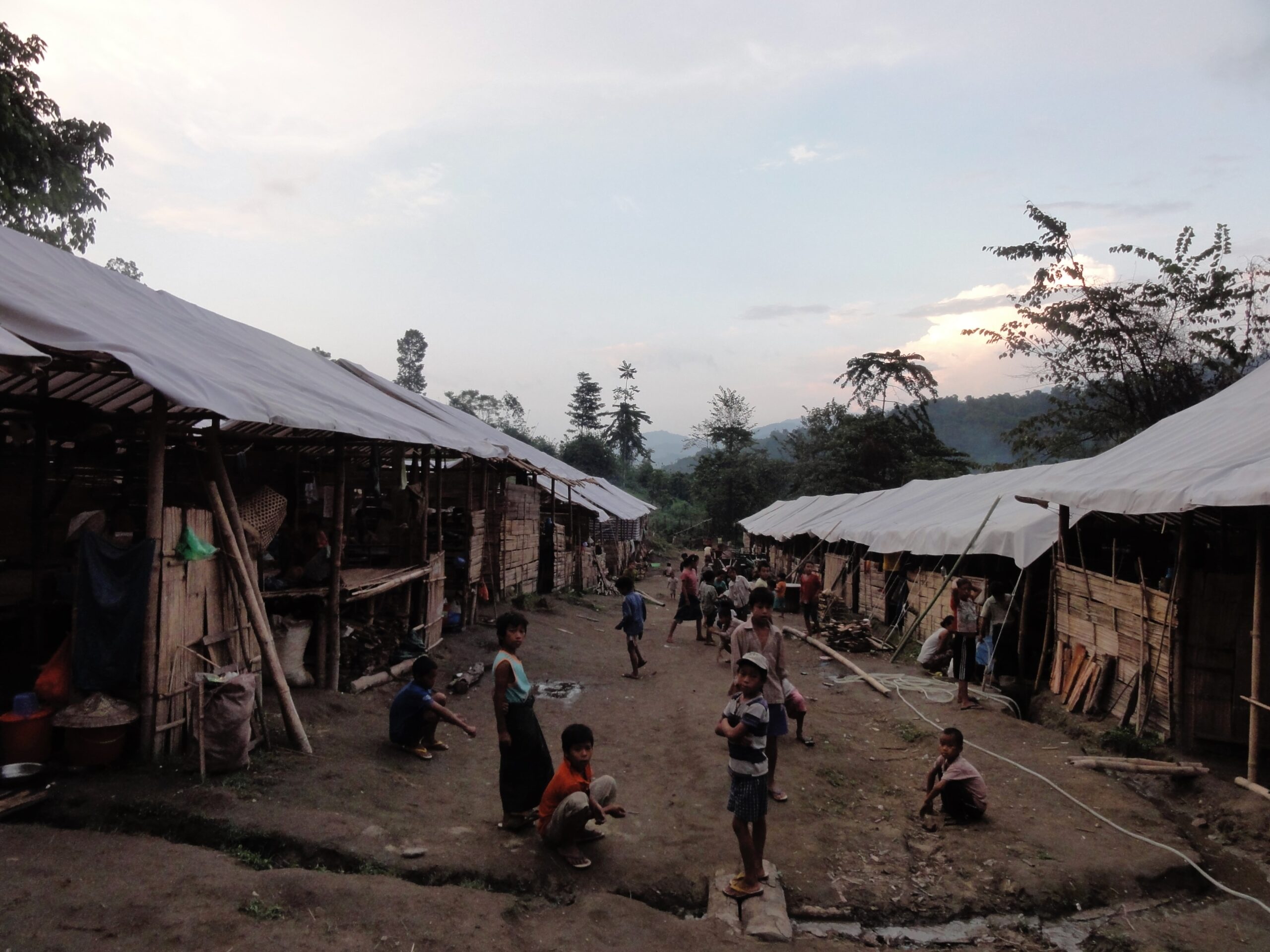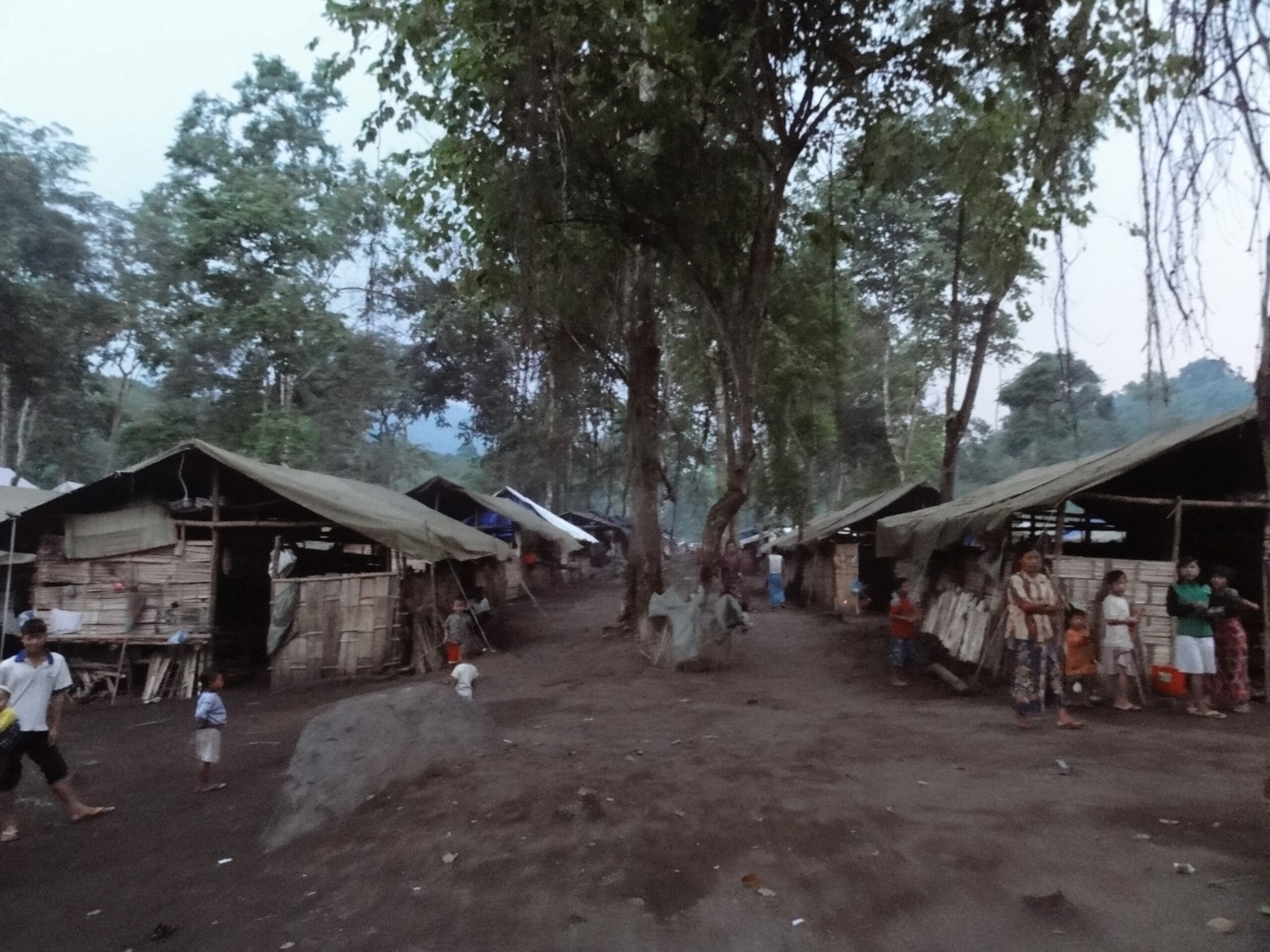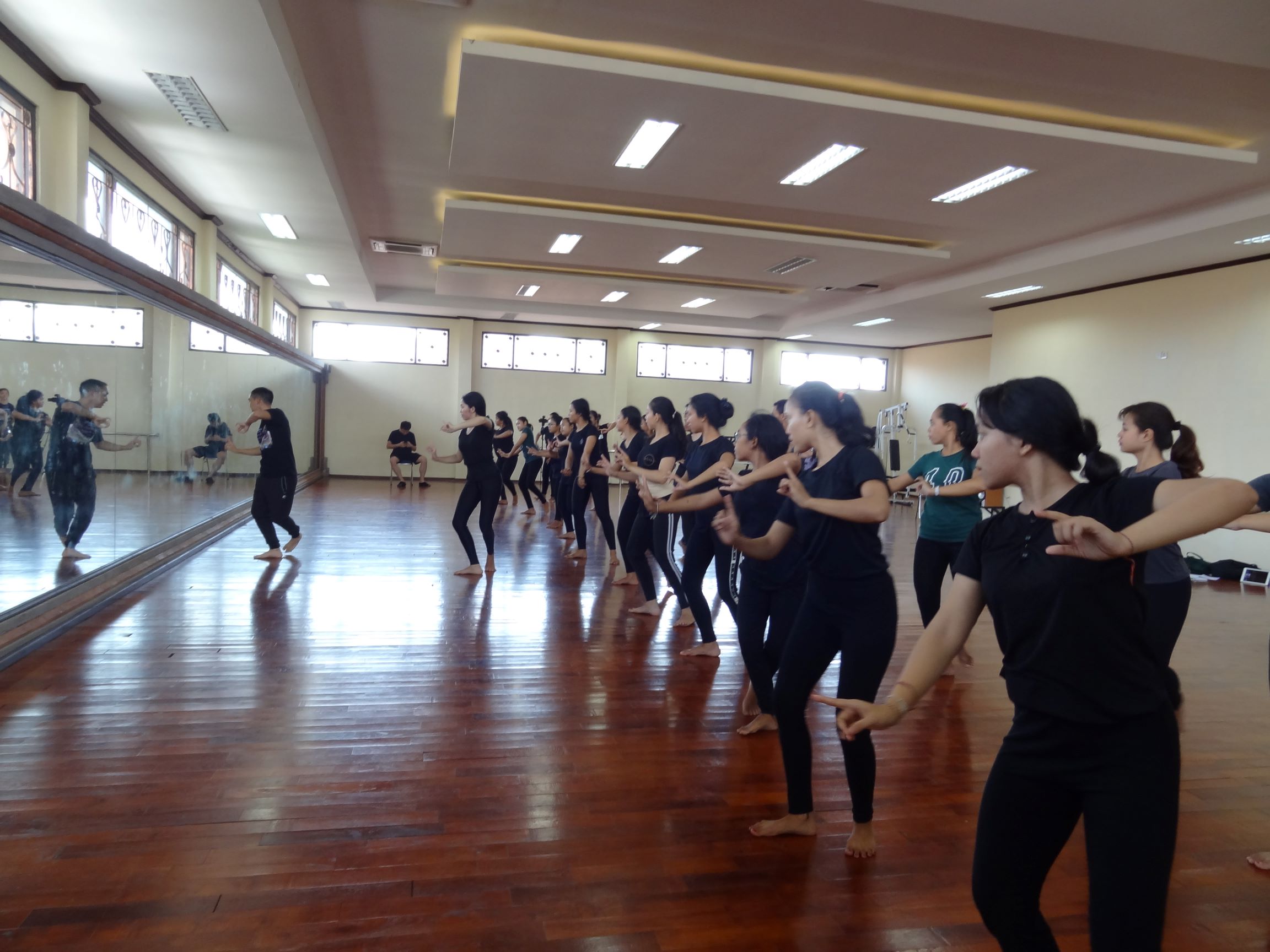Incubation
"Southeast Asia in the Age of Human Rights"
R6-7 1-6 (R6 AY2024)
| Project Leader | Imamura Masao(Yamagata University, Humanities and Social Sciences) |
| Collaborators | Ishii Masako(Rikkyo University) Nakanishi Yoshihiro (Kyoto University, Center for Southeast Asian Studies) Osada Noriyuki (Institute of Developing Economies-JETRO) Igarashi Motomichi (Kansai University) Tsuchiya Kishou (Kyoto University, Center for Southeast Asian Studies) |
| Research Project | Southeast Asia in the Age of Human Rights |
| Countries of Study | Myanmar, Philippines, Timor-Leste, Indonesia |
Outline of Research
Framing the last half-century as the age of human rights, this project will reexamine the contemporary history of Southeast Asia from the perspective of the growing international human rights movement. We know that events in Southeast Asia during the Cold War made decisive contributions to the formation of this movement. We know much less about how this movement has impacted Southeast Asia, however. This project will analyze the relationship between this region and the movement by facilitating conversations between Southeast Asian Studies and the emerging field of human rights studies.
Purpose of Research, Its Significance and Expected Results, etc
The international human rights movement has experienced significant growth since the 1970s, and today it wields substantial international influence. In the 1990s, there was a "criminal turn," with punishment becoming a central concern of the human rights movement and increasing expectations on the role of international criminal justice. Throughout this half-century, Southeast Asia has continued to provide important cases for discussions on international human rights. However, academic research on human rights investigations, genocide recognition, and the effects of sanctions in Southeast Asia remains scarce. How has the movement to expand human rights norms and institutions internationally impacted peacebuilding and humanitarian efforts in conflict zones? To what extent can the international human rights movement “particularly international criminal justice institutions” contribute to problem-solving in this region? These are the central questions that drive this collaborative research project.
The significance of advancing a project that connects human rights studies with Asian studies in Japan today is substantial. Currently, the Japanese government emphasizes the "rule of law" as a diplomatic guideline and is also a major contributor to the International Criminal Court. However, it must be acknowledged that Japan's research capabilities and policy recommendations in this field are lacking. At a time when strengthening "human rights power" is crucial, there is great significance in initiating interdisciplinary academic research that links human rights with regional studies. This project aims to open new circuits of dialogue between relevant fields and design a new academic area focused on "Human Rights and Southeast Asia.



